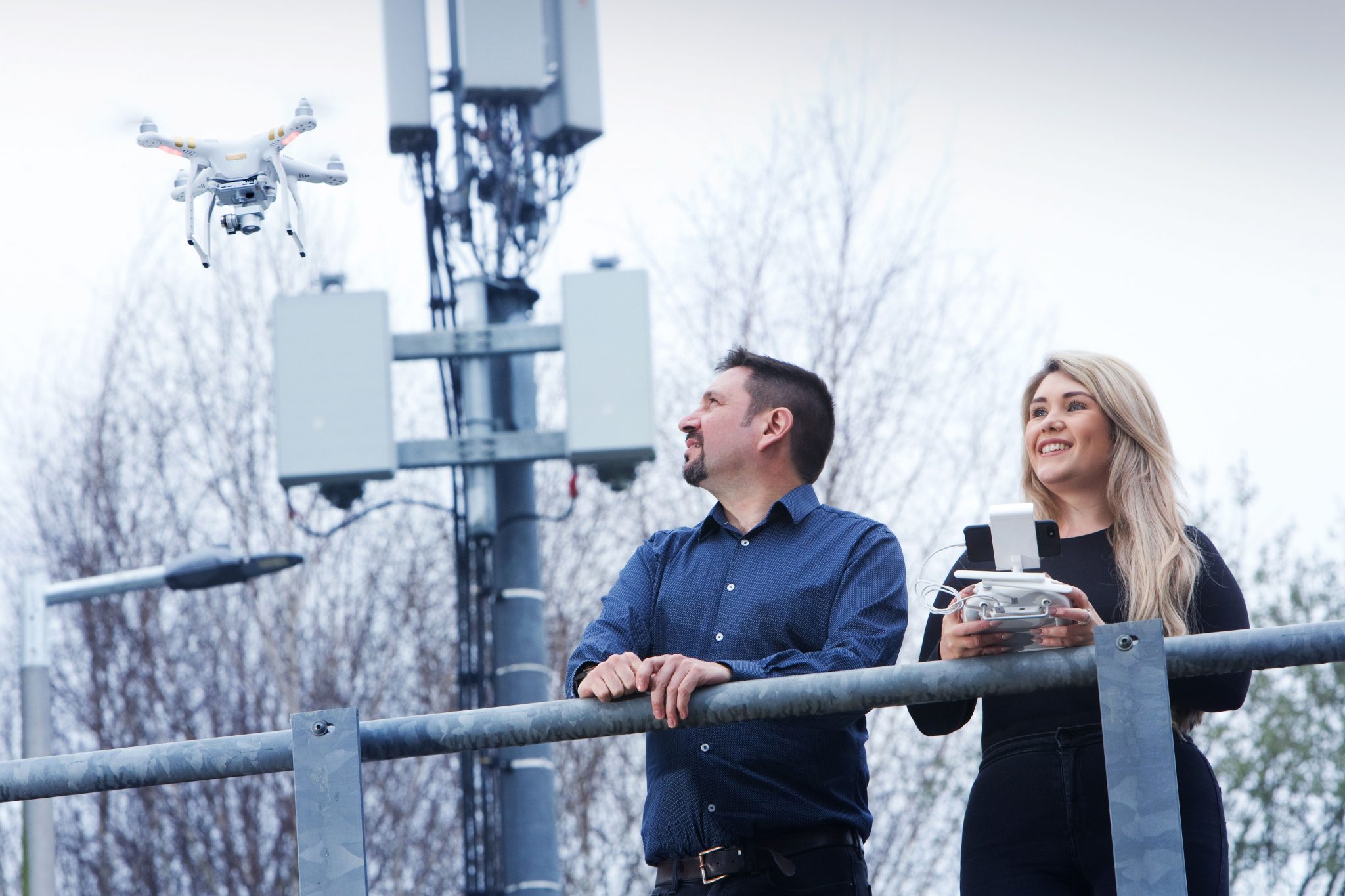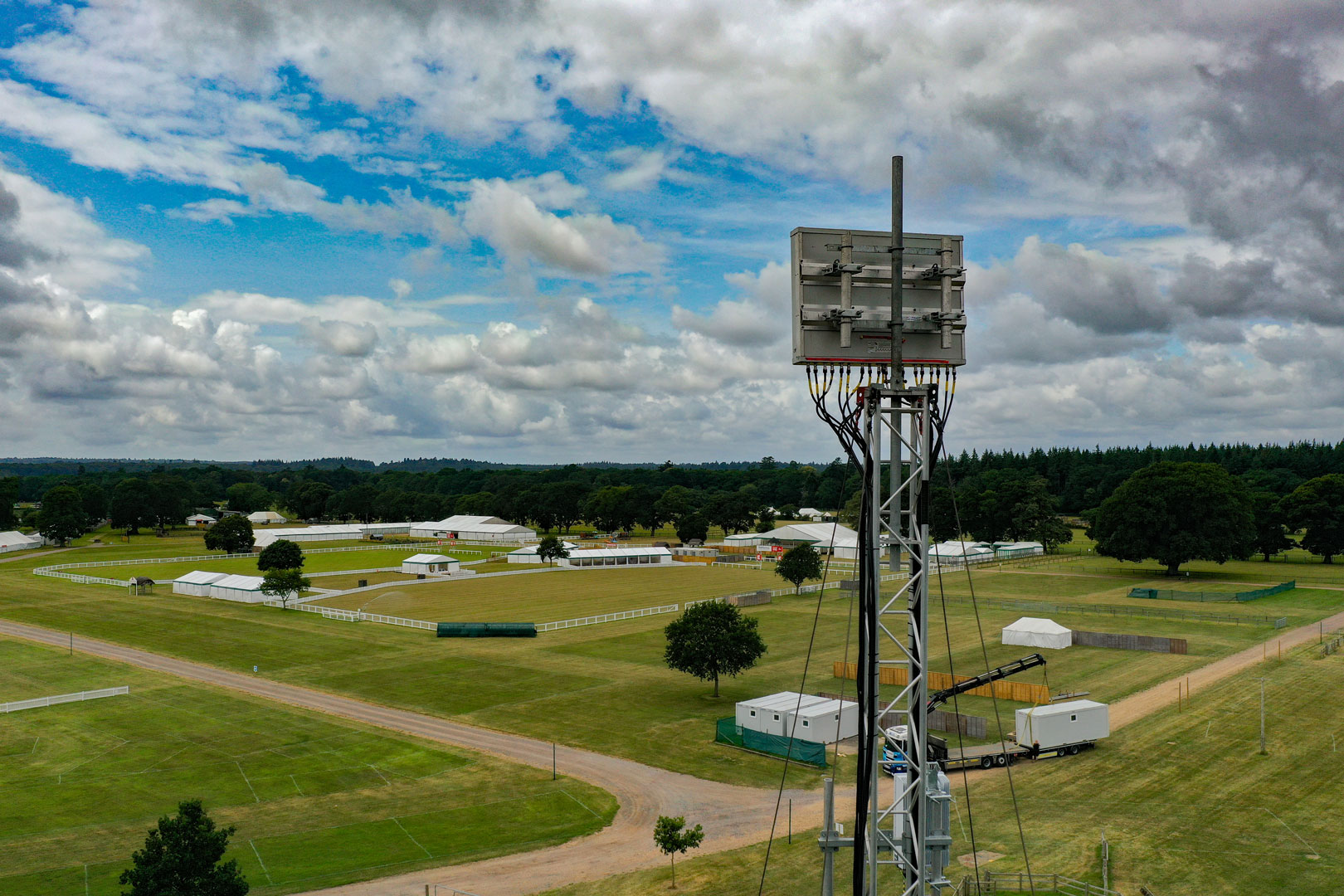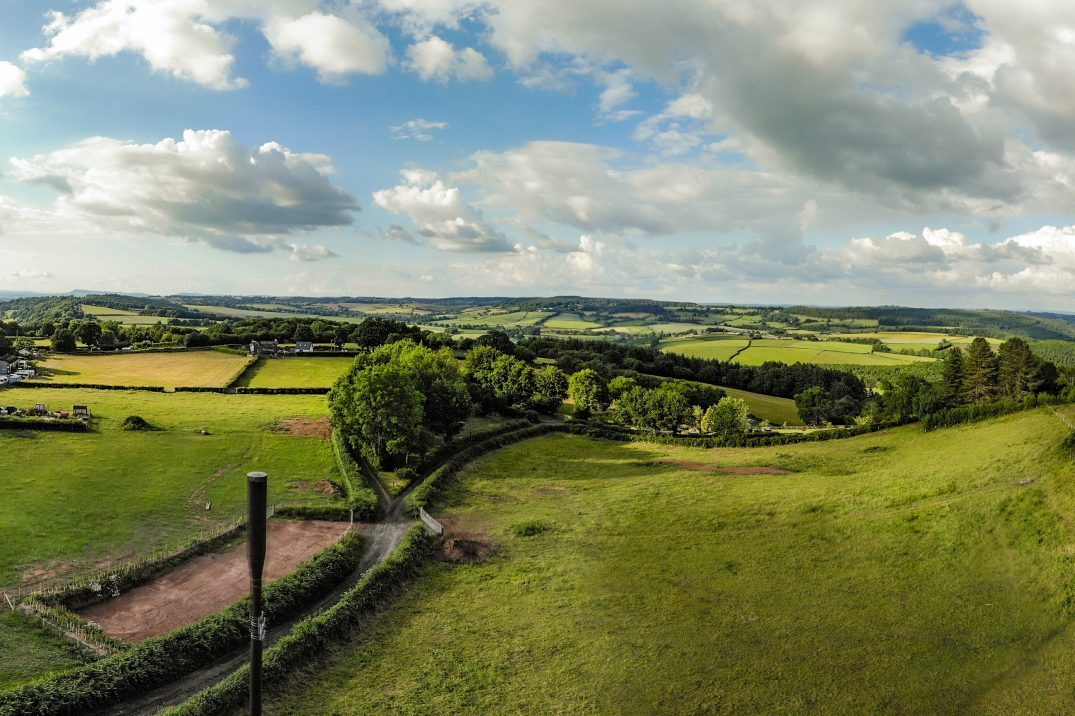
Vodafone UK today completed the first test of new 5G spectrum across an existing live network between Manchester and the company’s headquarters in Newbury, Berkshire.

Vodafone UK today completed the first test of new 5G spectrum across an existing live network between Manchester and the company’s headquarters in Newbury, Berkshire.
This is a major milestone in UK telecommunications, as it is the first time that the 3.4 Gigahertz (GHz) radio frequency allocated for 5G has been used in the UK. The test was carried out just a week after Vodafone secured the largest slice of 5G spectrum in Ofcom’s auction.
Vodafone UK Chief Executive Nick Jeffery said: “5G will improve the quality of our lives and transform how we work. This next generation technology will enable medical services that could save lives, from remote surgery to remote care for the elderly. It will enhance industrial applications, from automated systems to robotics, helping manufacturers across the UK boost their productivity. And it will enable families to share their experiences with loved ones wherever they are, thanks to innovations like augmented reality.
“Today’s test is just the beginning. We are now preparing our network for 5G while continuing to increase the capacity and extend the reach of our existing 4G network.”
To carry out the 5G spectrum test, Vodafone used a site at its Manchester contact centre, which houses around 1,000 customer service employees, and its offices in Newbury. The test relied on a technology known as Active Antennae or Massive MIMO combined with 3.4 GHz spectrum running over the core 4G network. A key building block for 5G, the system has multiple antennae to send and receive data more efficiently, boosting capacity where lots of people are connecting to the network at the same time.
-ends-
Notes to editors
- *The drone in the image above enabled Vodafone UK’s Jade Knight and Peter Rodriquez to check on the status of the 5G mobile site in Newbury without having to turn the service off. Drones are used extensively by Vodafone to check the position of antennae on its 16,000 mobile sites across the UK, to ensure customers get the strongest signal possible.
![Falling Dripping Water Drop[Adobe Stock] Falling Dripping Water Drop[Adobe Stock]](https://www.vodafone.co.uk/newscentre/app/uploads/2024/04/Falling-Dripping-Water-DropAdobe-Stock.jpg)

![Dawlish Sunrise [Adobe Stock] resized stock photo of Dawlish in Devon](https://www.vodafone.co.uk/newscentre/app/uploads/2024/04/Dawlish-Sunrise-Adobe-Stock-resized.jpg)

